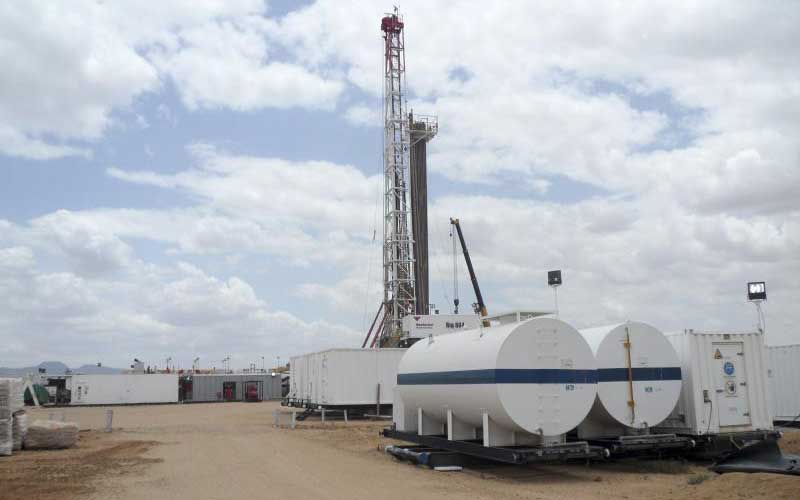×
The Standard e-Paper
Join Thousands Daily

The ownership structure of the company that will own the crude oil pipeline to transport oil from Lokichar to Lamu is starting to take shape.
The Ministry of Petroleum said despite the availability of opportunities for private firms to invest in the project, no local company has expressed interest or made enquiries on modalities of investment in the Sh100 billion project.